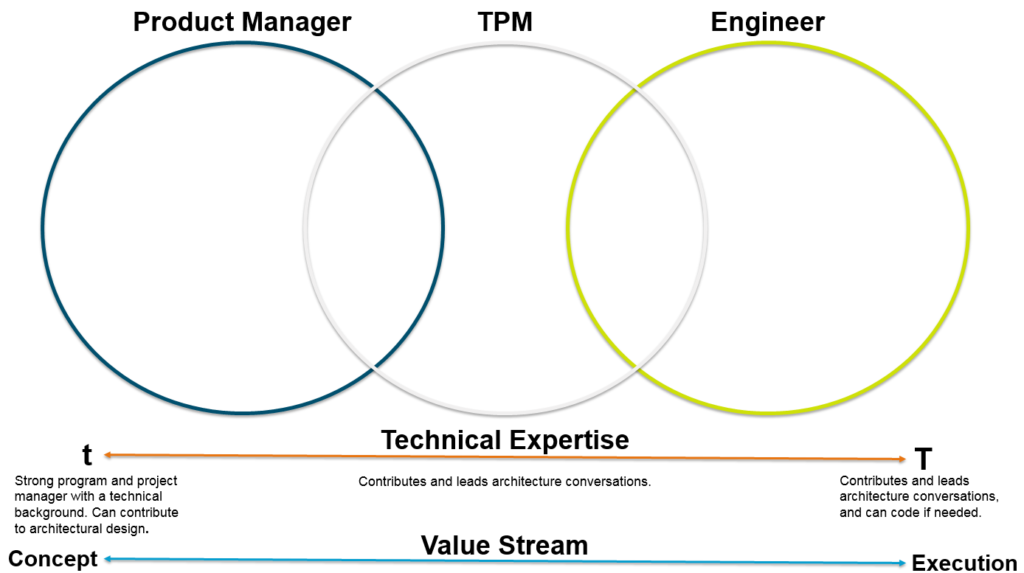
Effective collaboration between project engineering and project management roles is vital to successful project completion in any industry or type of project. They serve as guides who keep things on course from the initial scope definition to delivering their finished product on schedule.
Technical definitions provide a foundation for these roles, yet it is critical to comprehend their interdependent duties for successful project implementation. Project engineers and project managers both bring unique abilities to bear on a project to ensure its success.
Project engineers focus on each project from an engineering standpoint, scheduling, mobilizing and motivating technical staff in order to produce an outstanding product within budgetary restrictions. Additionally, they provide expert knowledge to project managers for any engineering issues that may arise during work.
Project engineers need a keen commercial awareness in order to successfully fulfill their roles as project engineers. It's their responsibility to balance engineering requirements against those of project stakeholders and clients to deliver projects on time and within budget.
Project engineers or managers make personal choices about which profession best fits their strengths, preferences and career aspirations. However, due to its combination of leadership, communication and expert problem-solving skillsets this profession may suit those from an engineering background or those seeking experience managing projects professionally. You can obtain project management qualifications through various university and college degree programs or on the job training.
Construction Project Engineer - Stanford University Careers
Career Map: Project Engineer | Department of Energy
Immerse yourself in architecture’s most boundary-pushing ideas—where innovative home improvements meet visionary urban developments. Discover new building techniques, materials, and creative concepts that are redefining how we shape our spaces on a global scale.